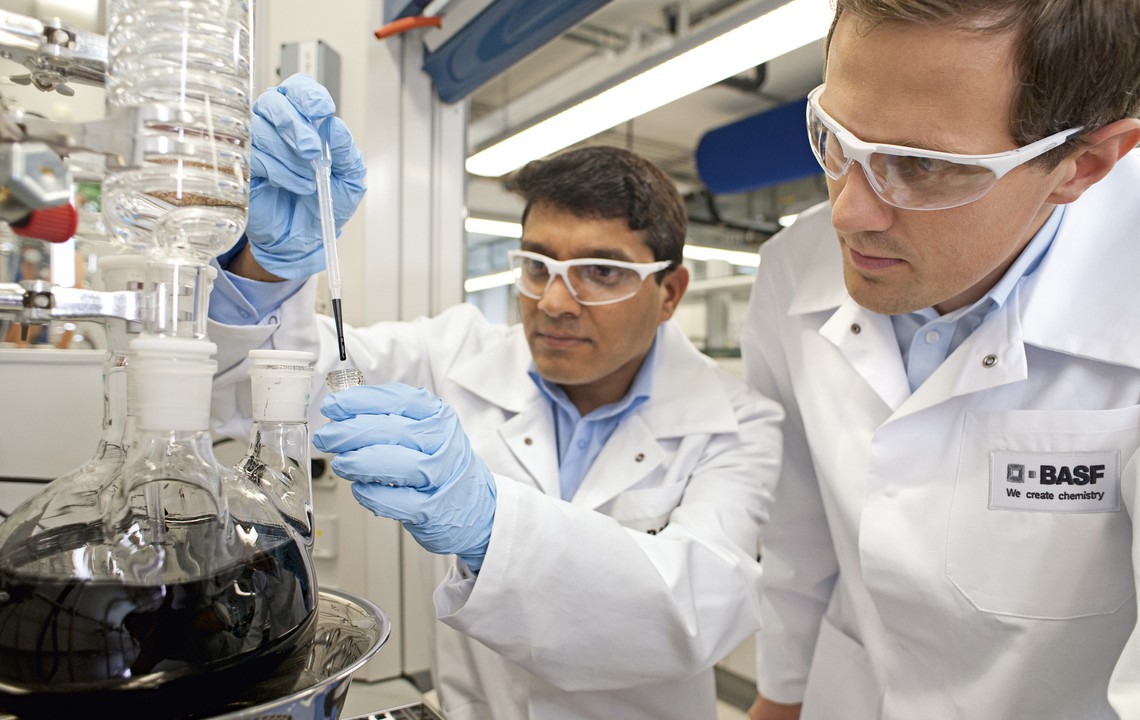Earnings before interest and taxes (EBIT) dived by 14% at BASF year-on-year last quarter despite an 8% rise in revenue.
Over the same period, net income totalled €1.2 billion (down 10%). However, it was a season of two halves for the international chemistry firm as sales grew to €15.6 billion – up 8% compared to the same quarter last year.
The increase was largely driven by higher sales prices in all segments (up 6%) as well as higher sales volumes (up 2%).
Meanwhile, a lower contribution from the company’s chemicals segment thought to behind much of the drop in EBIT.
The acquisition of the Bayer businesses in August 2018 also contributed to the sales increase.
However, negative currency effects had an offsetting impact. Income from operations (EBIT) before special items declined by €232 million to €1.5 billion, mainly due to the significantly lower contribution from the Chemicals segment.
The prior-year quarter included special income in the Performance Products segment from the transfer of BASF’s leather chemicals business to the Stahl group. Compared to the third quarter of 2017, EBIT, therefore, declined by €429 million to €1.4 billion.
EBIT before special items also decreased considerably in the Functional Materials and Solutions and Agricultural Solutions divisions but fell only slightly in the Performance Products segment.
Special items in EBIT totalled minus €75 million in the third-quarter of 2018, compared with €122 million in the prior-year quarter.
A challenging quarter
In addition to the integration costs incurred in connection with the acquisition of significant businesses and assets from Bayer, expenses for restructuring measures and other charges also contributed here.
At the presentation of BASF Group’s quarterly figures, chairman of the Board of Executive Directors Dr. Martin Brudermuller explained: “We completed the acquisition of significant businesses and assets from Bayer and reached an agreement on the merger of Wintershall and DEA,” said Brudermuller.
The low water level in the Rhine River had an impact on business.
“Throughout the entire third quarter, we had to struggle with this, which led to production cutbacks and higher transportation costs,” said Brudermuller.
He added that the current reporting period is being compared to the BASF Group’s very strong third quarter of 2017 when the business climate was considerably more favourable in comparison.
Agricultural division
Sales of €1.2 billion in the Agricultural Solutions segment were up considerably by 26% compared with the third quarter of 2017.
This was attributable to portfolio effects from the transaction with Bayer, a higher price level and slightly stronger volumes.
Negative currency effects continued to weigh on sales development. Despite the seasonally strongly negative results of the businesses acquired from Bayer, EBIT before special items was down only €26 million on the prior-year quarter.

